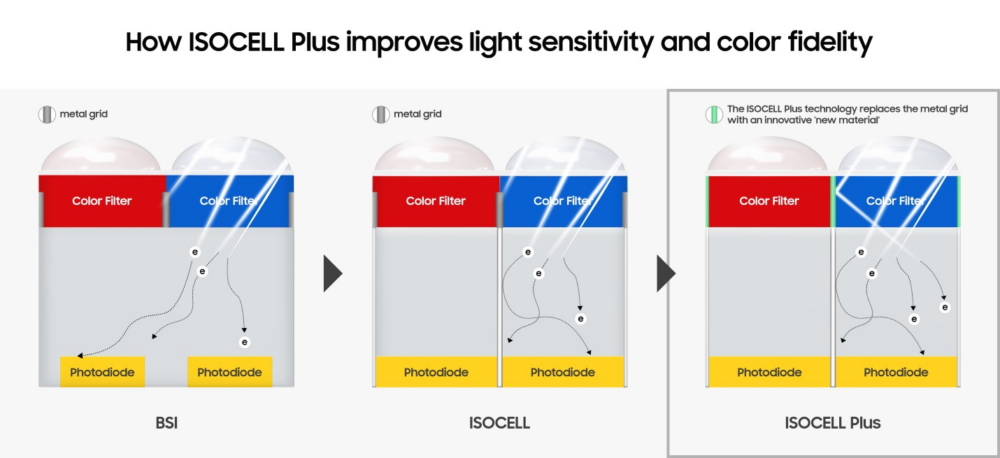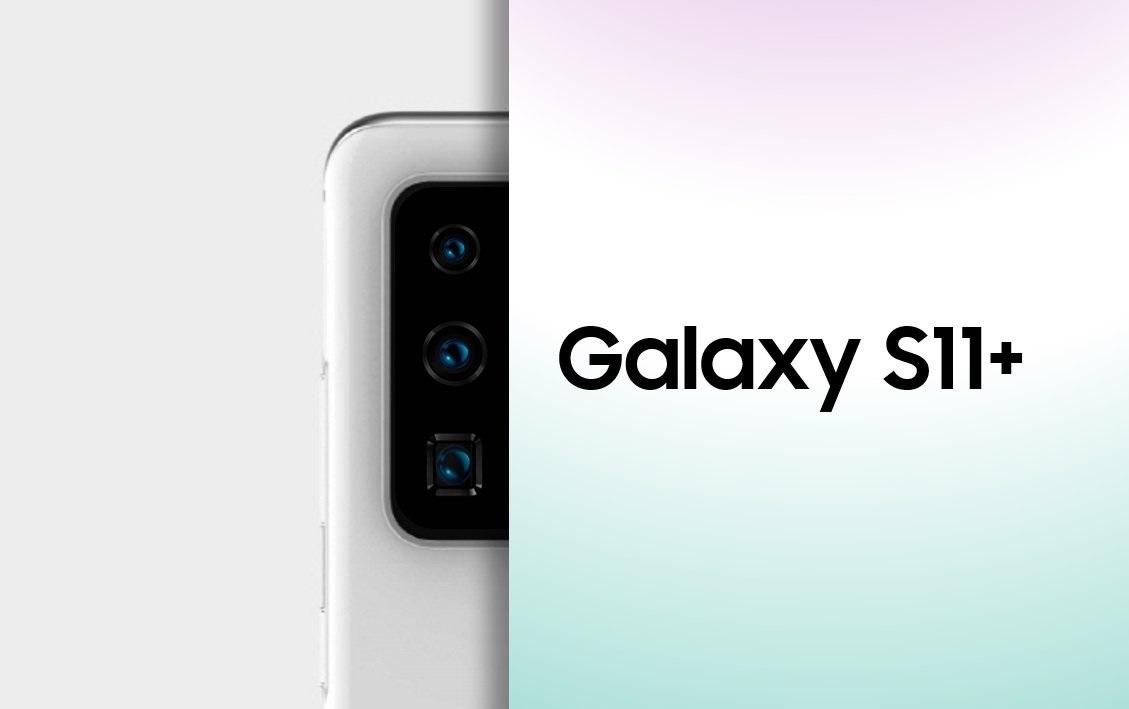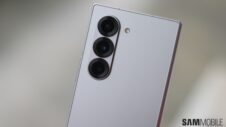Samsung has published more details about its 108-megapixel ISOCELL Bright HMX sensor in a blog post and the accompanying videos on its website. The Korean company hyping up its camera sensors is nothing new, but this is interesting given that the Galaxy S11 is supposed to use this sensor or an improved version of it for its primary camera, going by all the leaks and reports so far.
Interestingly, though the next Galaxy flagship is at least a couple of months away from launch, the said camera sensor has already made its debut in the Mi Note 10 last month. For what it’s worth, the sensor has proven to be quite a performer when paired even with the mid-range Snapdragon 730G chipset in the Mi Note 10. We will know its true potential when Samsung pairs the sensor with flagship chipsets and top-notch image processing in its upcoming flagship.
Samsung ISOCELL Bright HMX is the first mobile image sensor in the industry to surpass 100 million pixels and also the first to feature a larger 1/1.33-inch sensor size. It comes with Smart-ISO technology that intelligently activates lower ISO in daylight and higher ISO in low light for better dynamic range and less noise.
https://www.youtube.com/watch?time_continue=37&v=9-UlR7DZHTw&feature=emb_title
The sensor incorporates Samsung’s ISOCELL Plus pixel isolation technology, which places a barrier around each pixel to prevent it from being contaminated by the colors of the adjacent pixels (also known as pixel crosstalk). The company says this is a major improvement over the previous sensors that were prone to quality degradation due to the crosstalk.

Samsung also says its Tetracell technology, which merges clusters of four pixels into single pixels and thereby turning 0.8μm pixels into 1.6μm ones, will improve low-light camera performance. It’s worth pointing out here that the same technology is already used in the company’s other sensors and the results don’t seem to match the hype. We have to wait and see if this changes with the Galaxy S11.
To be clear, Samsung hasn’t officially confirmed this is going to be the sensor used in the Galaxy S11, but there is growing evidence to suggest that maybe the case. All this hype for a camera sensor, one that already made its debut on a competitor’s device, is indicative of the same. The Korean tech giant is expected to announce its next Galaxy flagship in the third week of February. As the launch date nears, we can expect more details about the device and its camera capabilities to emerge online.
https://www.youtube.com/watch?v=0eZYIBP0SOA&feature=emb_title






